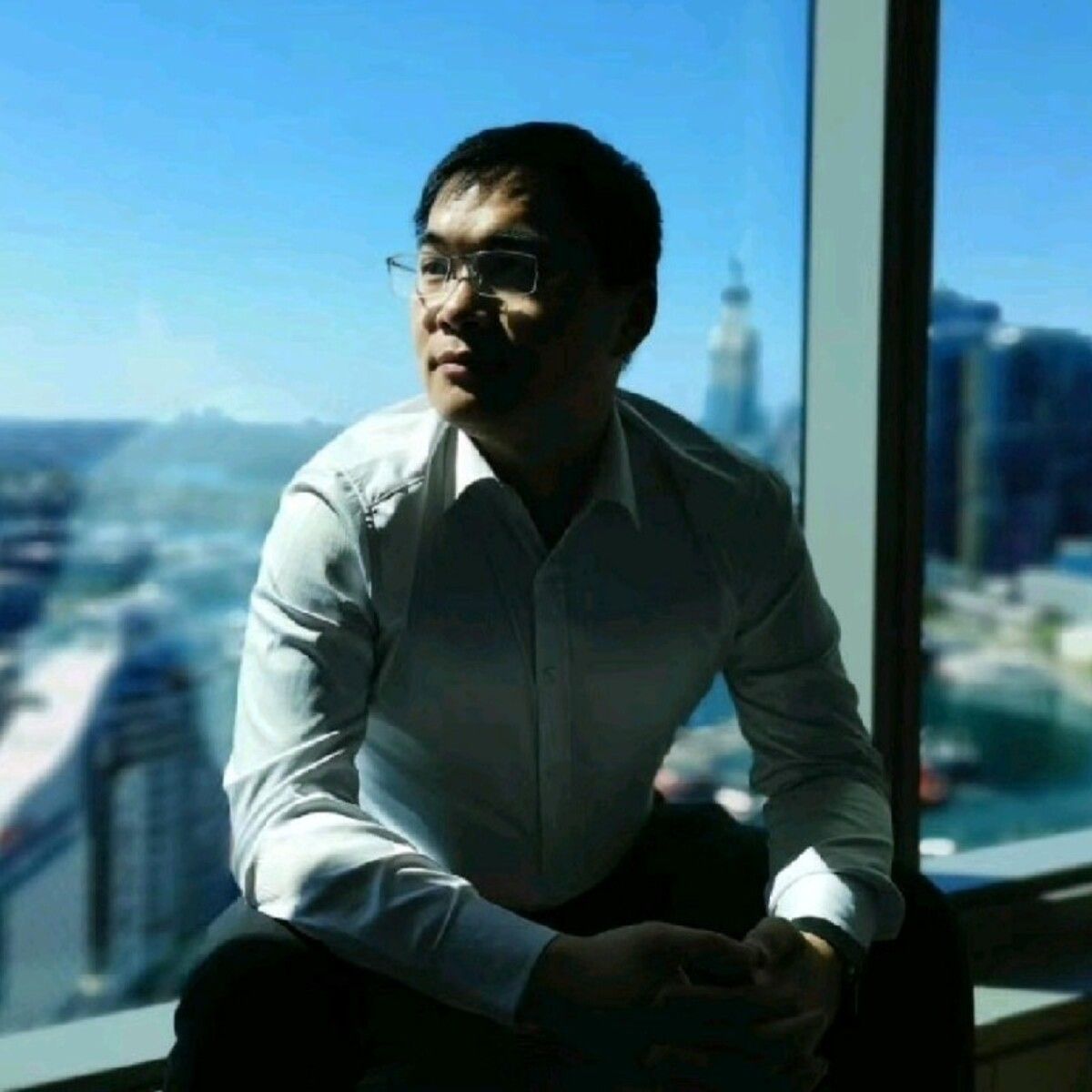To this day and age, it becomes increasingly clear that knowledge is becoming a commodity with ever-lower marginal value. Yet strangely, in our generation, most people still struggle to make better decisions, build meaningful leverage, or create anything useful, beyond avoiding predators who capitalise on basic information asymmetry.
By natural extension, we should also realise that academic complexity is not practical value, fundamental facts are not operating principles, and historical recollections aren’t future verdicts.
All of this points in the same direction: value comes from insight, not merely knowledge. Insight is about seeing differently, not knowing more. You’ll find traces of this in stories where major disruptions were delivered by people outside the establishment.
Knowledge as Distractions
The value density of knowledge is astonishingly low.
Take investing, for example. You can spend years learning everything from CAPM to the Fama-French multi-factor models and still fail at the one thing that matters: outperforming the market. Worse, financial theory rarely helps with core tasks in real-world investing: due diligence, liquidity management, tax optimisation, or term sheet evaluation.
This is not unique to finance. It’s a systemic issue. Conventional knowledge doesn’t solve problems; it describes them. Seeking knowledge without a clear path to value extraction is a classic case of a solution in search of a problem. In that sense, knowledge becomes distraction: an impressive but often wasteful exercise.
Many smart people fall into the trap of so-called “lifelong learning,” without realising that no breakthrough ever came from acquiring more mainstream knowledge. It feels productive but it’s intellectual hoarding. Impressive in volume, useless in function. Further, the clutter blocks the kind of blue-sky thinking that leads to real-world breakthroughs.
A more effective approach is to narrow focus to the problem at hand and acquire only what is immediately useful. In that case, knowledge isn’t the goal; it’s just a byproduct of execution.
People avoid the one thing that matters by doing things that look impressive but are irrelevant.
Often, people indulge in knowledge acquisition because it’s the easier option, compared to solving a hard problem in the real world. For example, if the problem is attrition, it would not be so straightforward to give a definitive solution for it. However, it is sufficiently easy to learn about attrition modelling which sounds close enough, except it does not solve the attrition problem at all.
The Buried Insights
Isn’t insight also knowledge? Yes and no, just like you won’t call a rocket a vehicle.
One reason the value density of knowledge is so low is because valuable insights are buried under layers of low-signal information.
We would be reduced to passivity and egoism... the truth would be drowned in a sea of irrelevance.
Without an effective extraction mechanism, value density is inversely correlated with the amount of information out there.
To an extent, information is life-like and it consumes things. What does information consume? Our attention. When a wealth of information creates a poverty of attention, it kills values in two ways, making insights harder to find, and exhausting our cognitive resources on what doesn’t help.
This issue is worse today than ever, as the people with real insights have little incentive to share it publicly, while those with no insight have every tool to manufacture reach and virality. By default, what presents itself to us is usually garbage.
Will AI give us better search? Probably briefly if guided by a great prompt, before ‘LLM search optimisation’ inevitably buries insights again. Technology isn’t solely to blame. Our own blind spots matter just as much.
Knowledge without regular real-world application carries a unique risk: the illusion of completeness. The more we think we know, the less we tend to see. In truth, knowledge is only loosely scattered on the surface of our experiences. Drawing close enough, there are always more we do not know than we know, even in our field of expertise.
Take real estate investing for example, someone might understand macroeconomics, tax regimes, and asset cycles. But that doesn’t make them a good investor. Often, what matters more are “trivial” bits of practical wisdom: how to structure ownership, access equity, or adjust PAYG withholding to smooth cash flow. These don’t sound glamorous but that’s where real leverage lives.
Insights Depreciate
Whenever we face a problem about the future, almost no established knowledge matters. This reveals an important truth about insights: all insights depreciate.
Insights provide a temporary advantage in how we see or even influence the future. But they are short-lived. The winner’s curse ensures that a single good insight rarely leads to lasting advantage. Once it is visible to others, the edge disappears.
So where do valuable insights come from? They often emerge from non-consensus assumptions that turn out to be right, unique observations that others haven’t noticed, or fast adaptation to macro shifts before the ripple effects reach the mainstream. Once absorbed, they downgrade to general knowledge and lose their potency.
Fast Alpha, Slow Alpha
When do we need insights?
Only when we seek to manufacture alpha in our own time frame, where we are no longer satisfied to be an average and want to create meaningful, asymmetric advantage.
This is what we might call fast alpha, gains created by timely, context-sensitive insight that expires quickly once the crowd catches up. It requires speed, perception, and action under uncertainty.
In contrast, there is slow alpha, or what I’ve previously called timeless alpha, advantages built on enduring truths, structural leverage, and principles that compound quietly over time. These aren’t about timing, but about positioning.
Both fast and timeless alpha matter. One helps you seize opportunity. The other ensures you survive long enough to keep playing.

